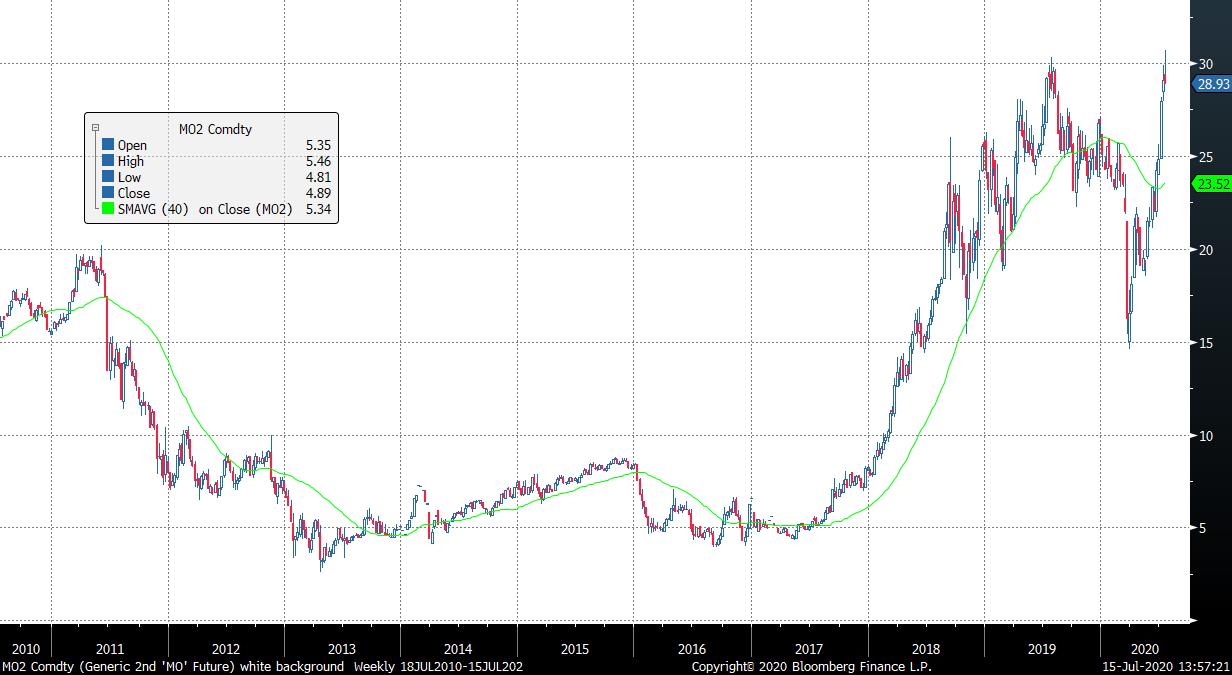Musings From the Oil Patch July 15th 2020
Thanks to a subscriber for this report by Allen Brooks for PPHB. This issue includes a comprehensive discussion on the viability of a hydrogen economy. Here is a section:
The conclusion that comes from our examination of hydrogen is that without some major technological breakthrough that reduces the cost of producing it substantially, the economic hurdle will not be overcome. That means the only way hydrogen could become an important energy source is with government intervention in the energy market and assigning a price to carbon, or subsidizing the hydrogen fuel. At this point in time, as governments around the world struggle to reopen their economies and repair the financial damage done to their citizens and businesses by the response to the pandemic, it is difficult to see them embracing carbon prices, which raises energy costs for their people and companies. This is why the strong push, especially in Europe, for tying net-zero carbon emission policies in government stimulus efforts to rebuild their economies following Covid-19. We suggest energy executives, analysts and investors worry more about the debates over the economic rebuilding efforts than the short-term moves in oil prices, demand and supply. The long-term future of the oil market will be impacted by the success of governments instituting carbon prices.
Here is a link to the full report.
Natural gas and coal prices are low in both nominal and relative terms. Economics 101 dictates that when the price of a vital commodity falls, consumers will naturally migrate towards it and find new uses for the resource.
Today coal is the same kind of negative publicity as uranium, while the USA in particular is floating on an excess of natural gas. The big question therefore is in how quickly the cost of carbon capture can contract. That is the only politically feasible route to burning more coal and natural gas, at scale.

Meanwhile Europe continues to lead the way in ensuring there is a tailwind for developing renewables by keeping the price of carbon credits high.
The continued strength of hydrogen related shares suggesting investors are willing to look beyond the near-term challenges of developing production infrastructure and towards a future where international demand for low carbon solutions becomes a central infrastructure theme.


